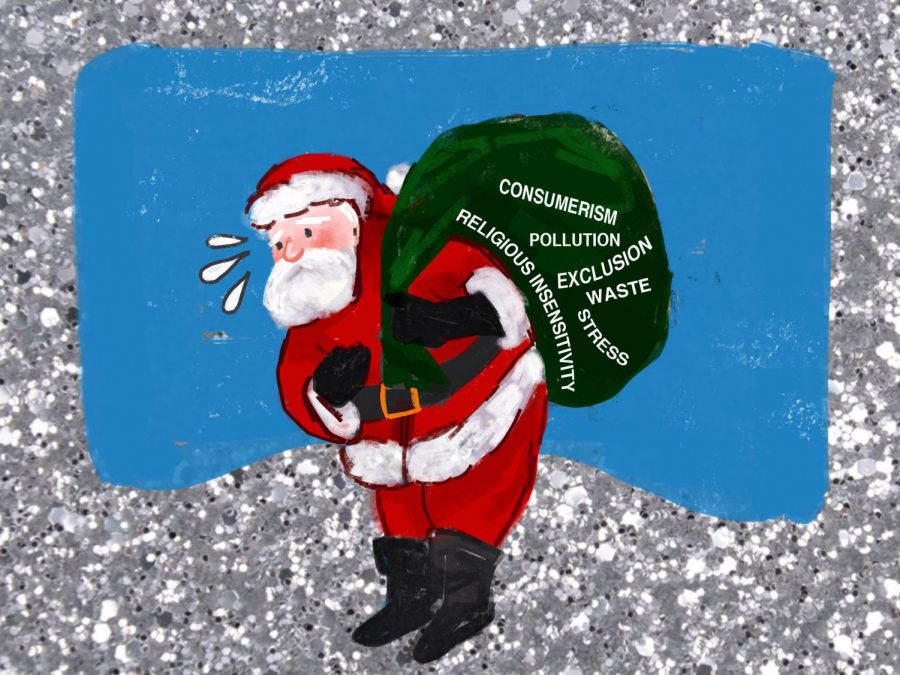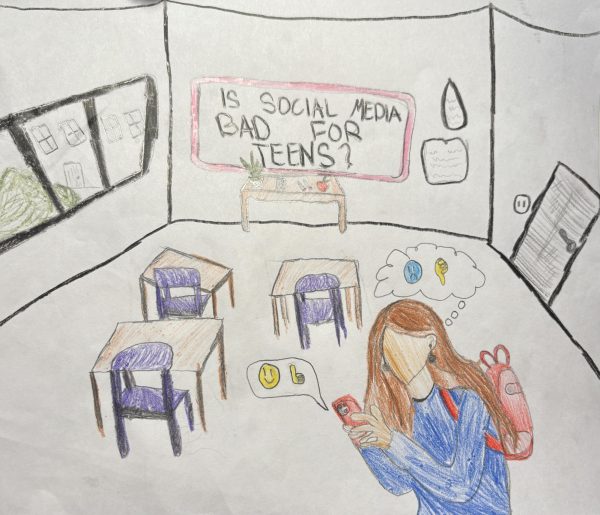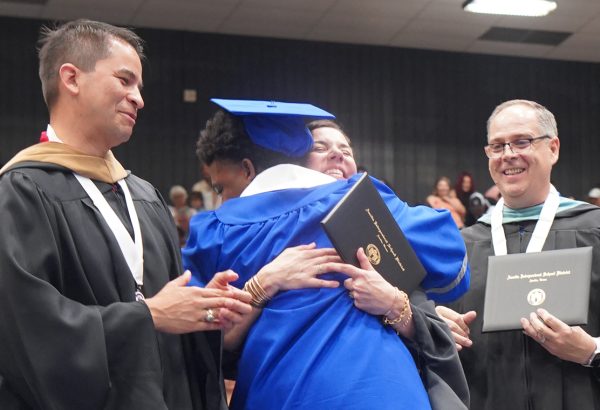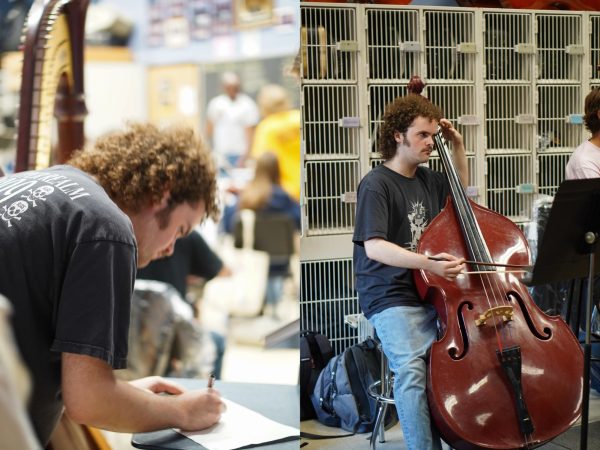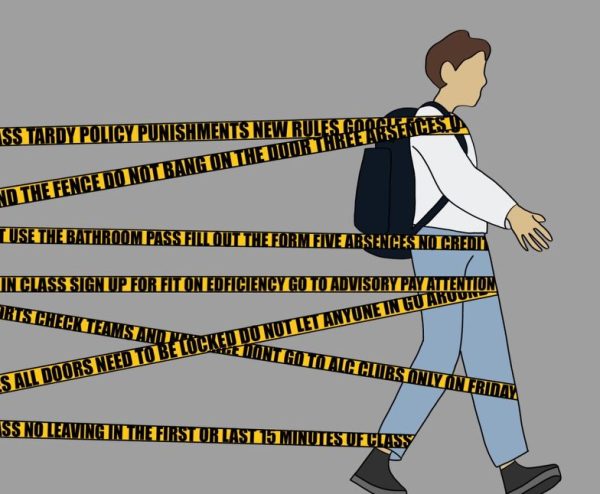Baggage under the tree
It may be the most wonderful time of the year, but for many of us, the Christmas season is also a time of increased stress, pollution and exclusion
More merry missives
Beyond the glitz of lights and tinsel, the holiday season is also a drain on the brain, the wallet and the environment.
Starting from the day after Thanksgiving and spanning to the last minutes of Christmas Eve, excitement and joy ring throughout America. Kids begin to scribble down what they want for Christmas and recite their lists in the laps of chubby mall Santas. Companies advertise the latest Elsa dolls, JoJo Siwa Christmas bows, and ugly Christmas sweaters. Thus, the countdown to Christmas begins.
Behind all of this holiday cheer, it’s easy to overlook some of the baggage under the Christmas tree. For some, Christmas is indeed the most wonderful time of the year, but for others, the holiday marks a period of stress, pollution and exclusion.
Homework and studying increase by 50 percent during the weeks leading up to finals week.
— A University of Phoenix College of Education study
The holiday season leaves many high school students feeling drained. Some students feel the effects of the economic and environmental strains caused by the consumerism of Christmas. Beyond that, students are drowned in work for midterms and college applications, which takes up time they should be spending with their families.
Originally, no matter how involved in faith you were, Christmas was a time of peace and togetherness. Somehow, it got twisted into a massive trip of consumerism that lasts for months. Even in October, stores desperate to profit off of this widely recognized holiday will put out Christmas decorations and products while totally ignoring Thanksgiving and Halloween. This causes the Christmas season to drag on for too long and subsequently drains the holiday of its original meaning.
Christmas has turned into a time when you have to buy as much as possible, and if you don’t, you’re Scrooge. Some families feel an economic strain during this time. Children are taught that how much their parents love them should be measured by how many presents there are under the tree. This lesson seems to have followed kids all the way to high school. In a recent Macjournalism Instagram poll, students expressed that picking the perfect gift is a source of stress for them during the holiday season.
The consumerism of Christmas also creates a lot of waste, which causes environmental ramifications. Many toys that kids receive are wrapped in layers of hard plastic. Inevitably, a good portion of that ends up in a landfill, where it will take 400 years or more to disintegrate, according to The Telegraph. According to the Peninsula Sanitary Service, Inc. and the Stanford Recycling Center at Stanford University, Americans produce 25 percent more trash during the holidays than any other time of the year, and that amounts to about 25 million tons of garbage.
Americans produce 25 percent more trash during the holidays than any other time of the year.
— the Peninsula Sanitary Service, Inc. and the Stanford Recycling Center
Stanford offers some solutions to this problem, like wrapping presents with reused or recycled paper, choosing durable gifts and canceling subscriptions for the overabundance of ads and magazines received during the holiday season. Presents and cards are fun and all, but it’s important to be mindful of the environment during this time when one can get swept up in the glitz of the holiday season.
After Thanksgiving the pressure is on; the holiday season is not always full of Christmas cheer and chestnuts roasting on an open fire. For students, the tough reality of college applications and frantically studying for midterms takes the place of family time during the holidays.
The holiday season is underscored with one overarching theme for students: stress. According to a poll on the Mac Journalism Instagram, many students feel stressed during the holiday season due to midterm study guides, end-of-year projects and college applications.
According to a study from the University of Phoenix College of Education, high school students have on average 3.5 hours of homework per night. According to that same study, homework and studying increase by 50 percent during the weeks leading up to finals week. That coveted quality family time has just been snatched up by the toils of the school … once again.
As the holidays approach, we encourage everyone to get their rest and make time for their families. For those who celebrate Christmas, we encourage you to think twice about buying that shiny Barbie for your sibling, cousin, niece or nephew that is encased in plastic packaging. Instead, consider some modest, eco-friendly gift options. It’s the thought that counts. And most of all, no matter what you celebrate, we wish you happy holidays.



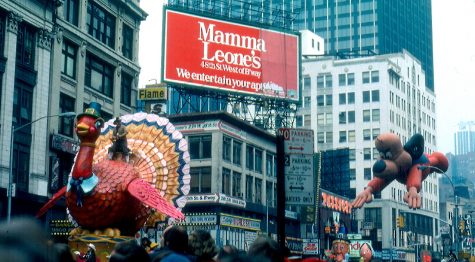


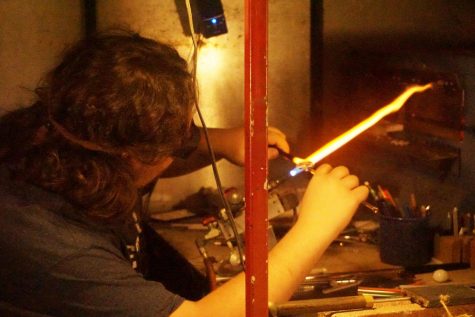
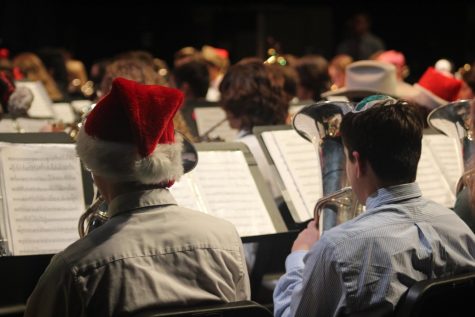
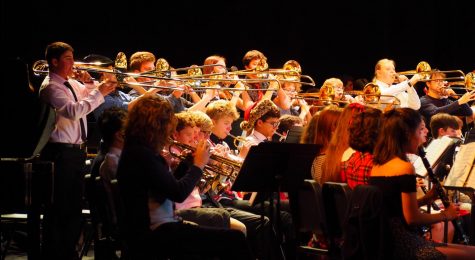


![The cup designs starting from 1997 [bottom row right side] to 2017 [top row left side]. The different designs changes can be noticed as the designs decrease the amount of Christmas spirit included. Photo from Starbucks Newsroom. Reprinted with permission.](https://macshieldonline.com/wp-content/uploads/2017/12/20_Years_of_Cups-475x319.jpg)
